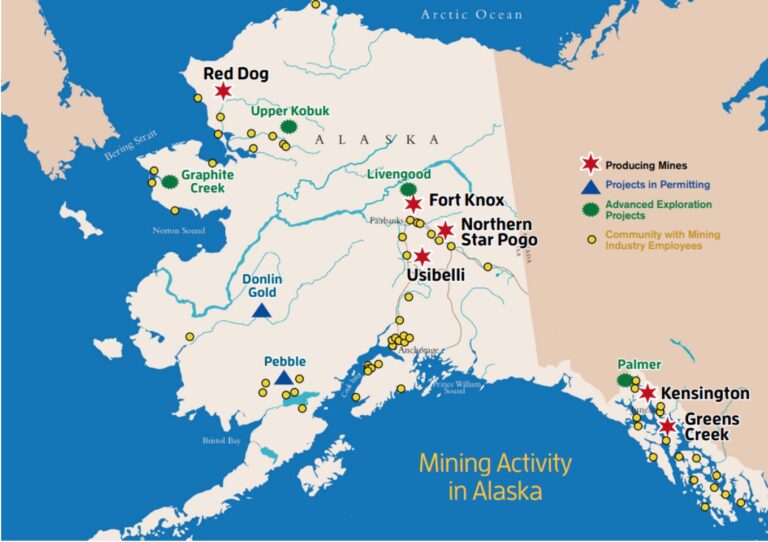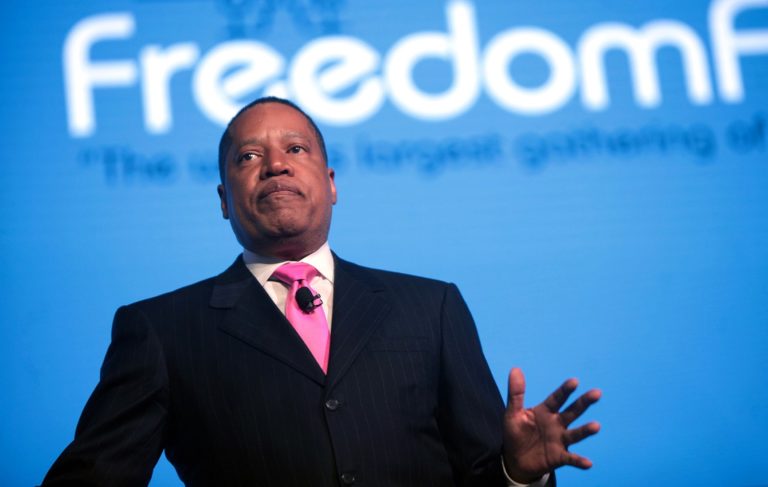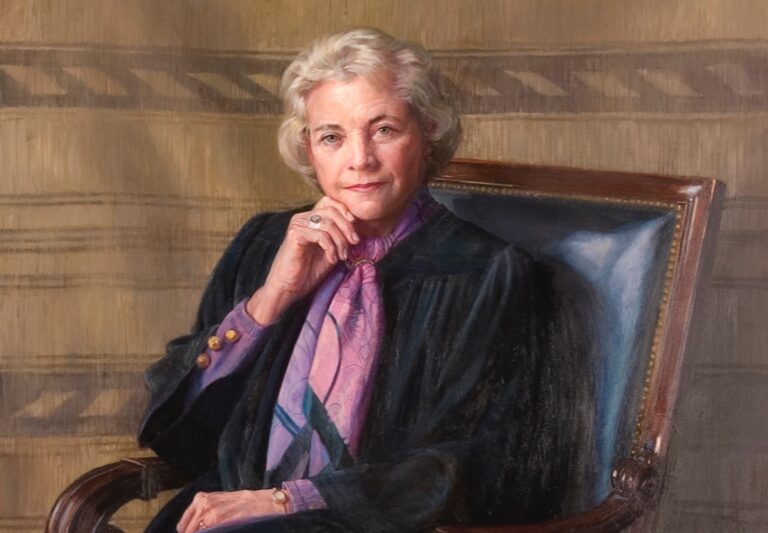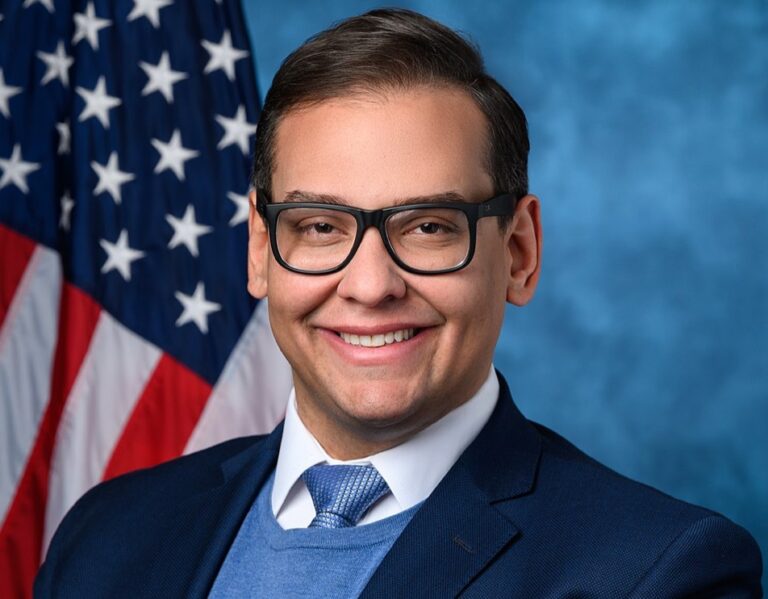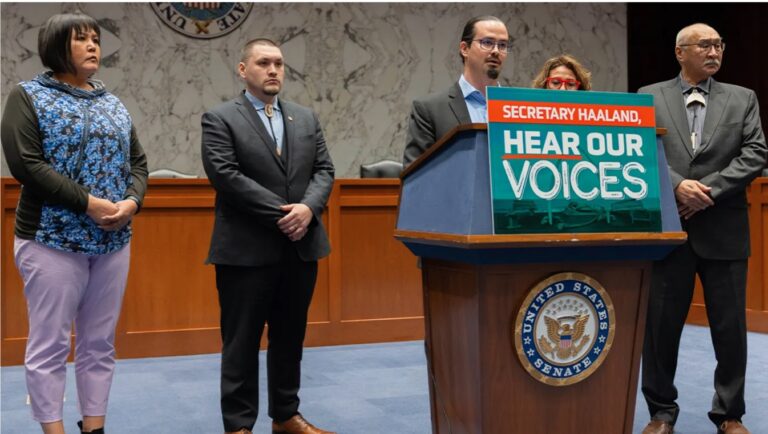Gold prices reached all-time high on Friday, as Federal Reserve Chair Jerome Powell hinted that the Central Bank may start cutting rates beginning in March.
Spot gold climbed 1.6% to $2,069.10 per ounce, up 1.6% over the previous close and 3.4% higher on the week. But it had gone as high as $2,075.09 per ounce on Friday, which topped the record of $2,072.49 in 2020.
U.S. gold futures were a record $2,089.7. However, inflation has eaten away at what that dollar value actually is. Since 2015, the U.S. dollar has been affected by nearly 30% cumulative inflation. High inflation typically has a major impact on gold prices, as investors seek safe-haven investments and a means of preserving wealth.
In Alaska, the Manh Choh gold mine under development near Fairbanks has become embroiled in controversy as the Native Village of Tetlin is divided on whether the mine should start production. A dispute about whether tribal leaders broke tribal law by approving it is the current barrier to progress. Kinross is the majority owner of the project and has plans to haul the ore by truck to Fort Knox, which has a mill.
Other gold mines in Alaska include those in production and those in development:
- Hecla Greens Creek Mine: An underground mine producing polymetallic (silver, zinc, gold, and lead) ore to a surface mill and concentrator, which in turn produces three separate concentrates and is located on Admiralty Island, Greens Creek is the largest private-sector employer in Southeast Alaska.
- Coeur Alaska-Kensington Gold Mine: An underground gold mine located on the east side of Lynn Canal some 45 miles north of Juneau. The ore is processed in a flotation mill that produces a gold-bearing concentrate which is sold to smelters.
- Fort Knox Mine: An open-pit gold mine about 26 miles northeast of Fairbanks, operated by Kinross and employing over 400 people.
- Pogo Gold Mine: An underground gold mine 38 miles northeast of Delta Junction.
- Donlin Gold: Donlin Gold, owned by NovaGold Resources and Barrick Gold Corporation, it is working to build a gold mining project near Crooked Creek Village in the Yukon Kuskokwim area of Western Alaska. With some of the largest known gold deposits in the world, it has an estimated 33.8 million ounces of gold. The Donlin Gold project would create 3,000 jobs during construction, and up to 1,400 jobs for the estimated 27 years of production. Environmentalists have targeted it with legal challenges this year.
- Pebble Project: In Southwest Alaska on state land set aside for mineral development, Pebble has one of the most important concentrations of copper, gold, molybdenum and silver in the world, but has been blocked by environmentalists for decades.
- Niblack: A copper-zinc-gold-silver prospect on Prince of Wales Island, about 30 miles from Ketchikan, Niblack is in the exploration phase.
- Livengood: Livengood Gold Project is 70 miles north of Fairbanks, and is one of the largest gold deposits discovered globally in 20 years.
- More on Alaska mines at the University of Alaska Southeast’s Center for Mine Training link.
